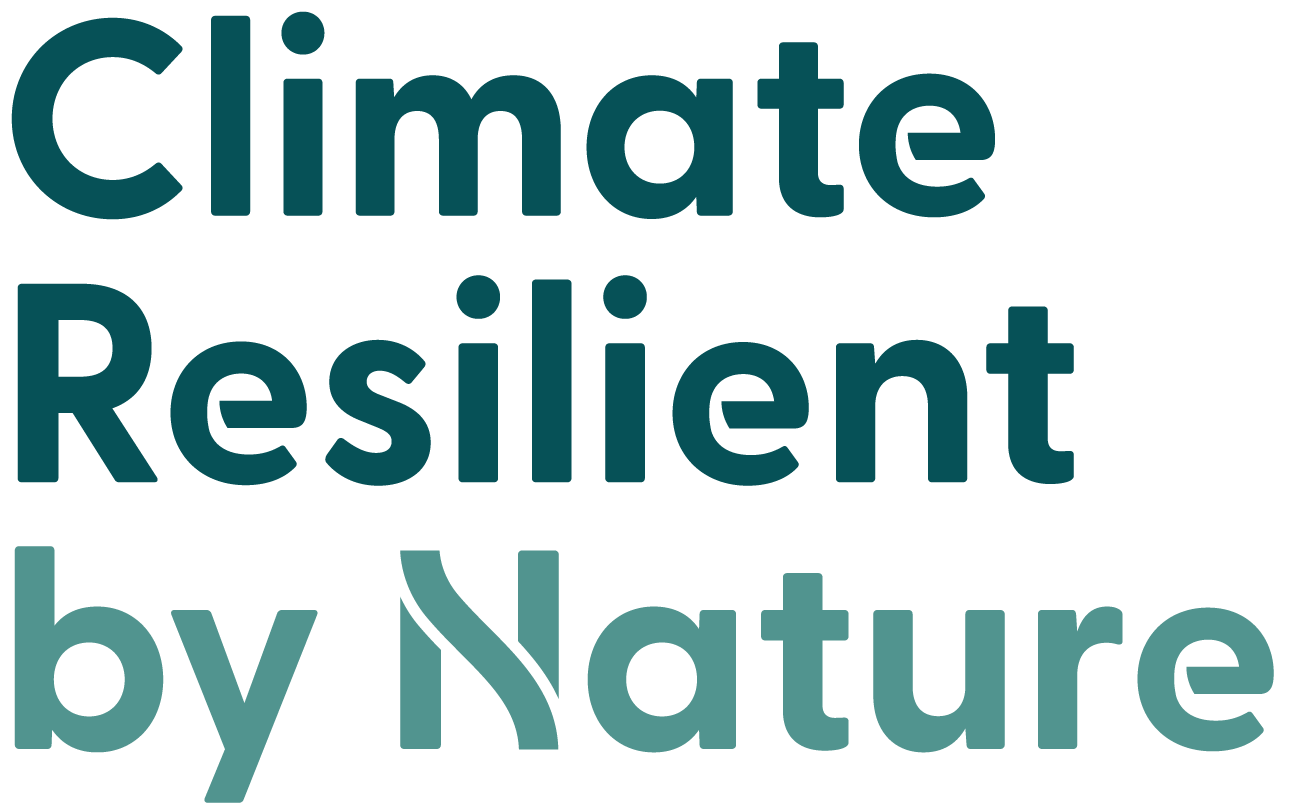
Climate Resilient by Nature Mekong Expansion
Implementing multi-sector nature-based solutions projects that bring together landscape management, freshwater ecosystem restoration and flood-based / aquaculture livelihood activities.
Project summary
The Mekong River Delta system spans six countries and contains some of the most biologically diverse habitats in the world. However, poor environmental, agricultural, social, and infrastructural decisions made along the Mekong River have resulted in cascading negative impacts across countries and for millions of people. For this reason, WWF Greater Mekong has developed a multi-country portfolio of nature-based solutions that share the goal of sustainably restoring and protecting Mekong riverine and floodplain ecosystems. These projects build on existing work supported by local governments and communities, which have the potential for scaling.
In Vietnam, the Climate Resilient by Nature (CRxN) Mekong project will work with the local communities of Vinh Dai and Thanh Hung Communes in Long An Province to pilot flood-based livelihood strategies including a mixed aquaculture model for floating rice and fish farms; access to green financing mechanisms; and fish restoration programs as well as enhancing sedimentation and water storage through the restoration of natural flooding processes in the Delta. WWF Vietnam are working with two large corporations who have committed to buy the floating rice product, on marketing and alternate product development (e.g. rice noodles).
In Cambodia, the project will work with local community fisheries groups in Kratie and Stung Treng provinces to support sustainable fishing. This includes joint patrols, enhancement of natural fish diversity and abundance, piloting aquaculture and biointensive gardens, and linking all these products to support local eco-tourism.
WWF-Laos will work with climate-vulnerable communities in the Siphandone Riverscape, Champasak Province to promote sustainable fisheries and alternative climate-resilient livelihoods through capacity building and awareness raising. Along with supporting the creation of co-managed fish conservation zones, these efforts will support ecosystem-based adaptation to climate change, benefiting both local communities and ensuring sustainability for future generations.
WWF is developing nature-based solutions knowledge exchange opportunities between key private sector, NGO, government and research institutions in Thailand to develop financial and technical pathways to scale for NbS in the Mekong.
This project is funded under Component 1 of Climate Resilient by Nature (CRxN), supporting the expansion of existing nature-based solutions approaches. The Mekong-Australia Partnership - Water, Energy & Climate (MAP-WEC) funds this project.
Our approach
Improving resilience of food systems and increased crop yield.
Supporting alternative and diversified livelihoods.
Protecting and restoring ecosystems through reduced fertiliser and pesticide use.
Achievements
Successful pilot of flood-based fish farming, and integrated floating rice-fish farm across multiple harvest seasons in two communes in Vietnam. The pilot demonstrated a reduction in input costs (such as fertilisers, pesticides and labour) and improved profit rates for farmers, as well as environmental benefits including improved water retention and sediment quality. Recognising these benefits, the floating rice area in Vinh Dai commune was upscaled to 200 ha.
1,870 hectares with conservation or restoration activities underway in Laos. This includes establishing nine fishery conservation zones.
More than 400 people registered as Village Development Fund members in Laos.
“The visible benefit is that the environment is clean, as well as reducing pesticides and insecticides. In general, for farmers like us, another obvious benefit is that it’s less labour-intensive. We just need to sow the rice properly. When the time comes, we do a little patching up here and there, and leave it be.”
— Ms Be, a floating rice farmer in Long An





